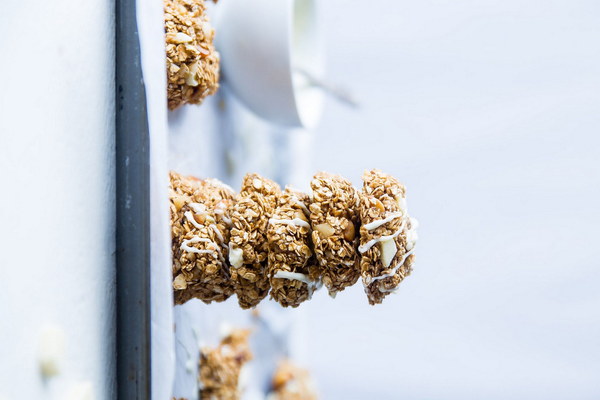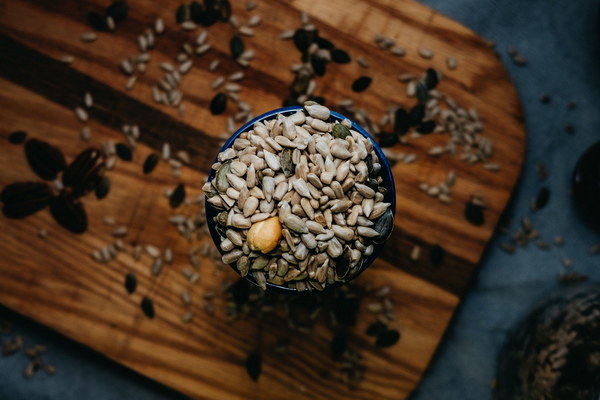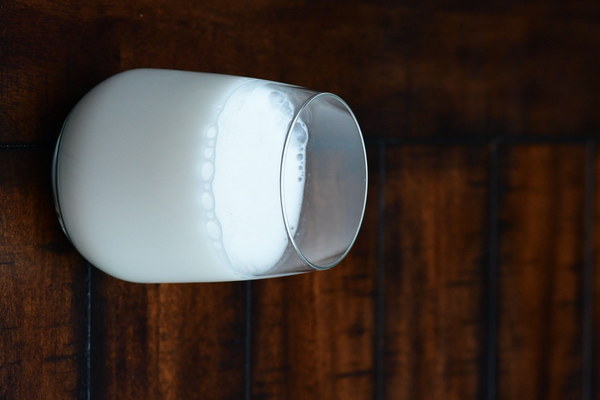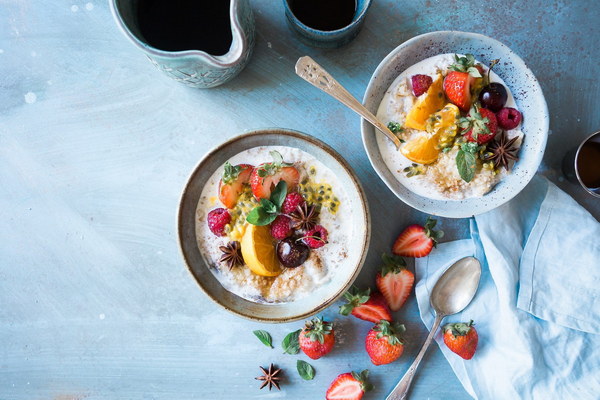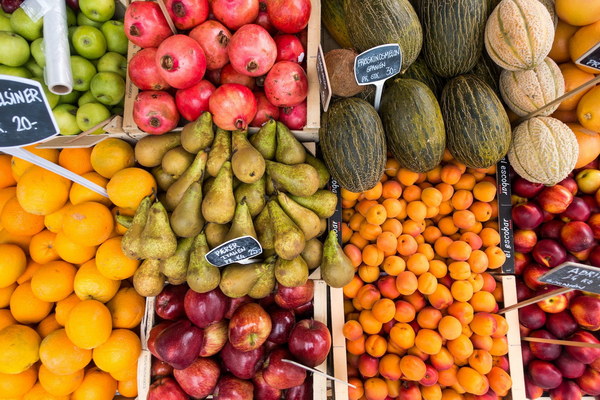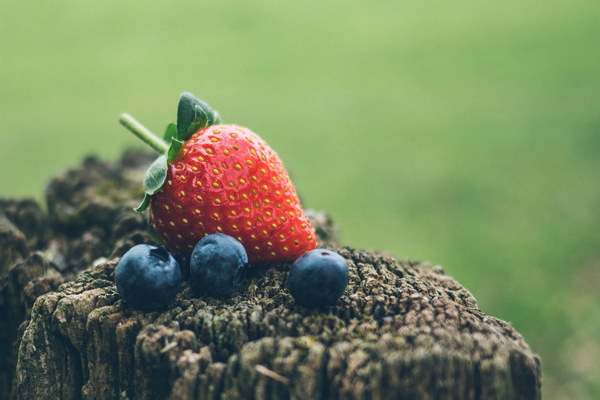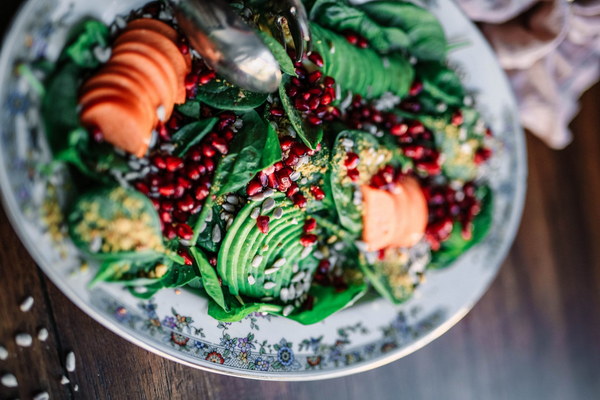Unveiling the HealthBoosting Secrets A Comprehensive Report on Herbal Teas
Introduction:
Herbal teas have gained immense popularity in recent years as a natural and healthy alternative to traditional teas. This comprehensive report delves into the health benefits of various herbal teas, their ingredients, and their potential side effects. Let's explore the fascinating world of herbal teas and uncover their secrets to good health.
1. Introduction to Herbal Teas:
Herbal teas are made from the infusion of herbs, spices, and botanicals rather than the leaves of the tea plant (Camellia sinensis). These teas are rich in antioxidants, essential oils, and bioactive compounds that offer numerous health benefits.
2. Health Benefits of Herbal Teas:
2.1 Detoxification:
Herbal teas act as natural detoxifiers, helping to eliminate toxins from the body. Ingredients like dandelion, nettle, and burdock are known for their diuretic properties, which aid in flushing out excess water and waste products.
2.2 Immune System Support:
Herbal teas, especially those with ingredients like echinacea, ginger, and elderberry, can strengthen the immune system and protect against infections. These natural remedies help boost the body's defense mechanisms, making it more resilient to illnesses.
2.3 Digestive Health:
Herbal teas like peppermint, fennel, and chamomile have been traditionally used to relieve digestive issues such as bloating, gas, and indigestion. These teas contain compounds that help relax the muscles of the digestive tract and promote healthy digestion.
2.4 Stress Reduction:
Herbal teas, particularly those with ingredients like valerian root, chamomile, and passionflower, have calming properties that can reduce stress and anxiety levels. These teas help induce relaxation and improve sleep quality.
2.5 Antioxidant Protection:
Herbal teas are rich in antioxidants, which help combat oxidative stress and protect the body against free radicals. Ingredients like green tea, hibiscus, and rosehip offer a wide range of antioxidants that contribute to overall health and longevity.
3. Popular Herbal Teas and Their Ingredients:
3.1 Green Tea:
Green tea is known for its high content of antioxidants and polyphenols, particularly epigallocatechin gallate (EGCG). It aids in weight loss, improves brain function, and reduces the risk of chronic diseases.
3.2 Hibiscus Tea:

Hibiscus tea is rich in antioxidants and has been shown to lower blood pressure and cholesterol levels. It also possesses anti-inflammatory properties and may help reduce the risk of certain cancers.
3.3 Chamomile Tea:
Chamomile tea is renowned for its calming effects on the mind and body. It is often used to relieve anxiety, insomnia, and menstrual cramps. Additionally, chamomile has anti-inflammatory properties and can help alleviate skin irritations.
4. Potential Side Effects:
While herbal teas offer numerous health benefits, it is essential to be aware of potential side effects. Certain herbal teas, such as those containing ginger or peppermint, may cause digestive discomfort or allergic reactions in some individuals. It is advisable to consult with a healthcare professional before incorporating herbal teas into your daily routine, especially if you have pre-existing medical conditions or are pregnant.
Conclusion:
Herbal teas have emerged as a popular choice for those seeking a healthy and natural alternative to traditional teas. With their numerous health benefits, including detoxification, immune system support, digestive health, stress reduction, and antioxidant protection, herbal teas can be an excellent addition to a balanced diet. However, it is crucial to be aware of potential side effects and consult with a healthcare professional when necessary. So, go ahead and savor the goodness of herbal teas while enjoying their delightful flavors and health-promoting properties.

